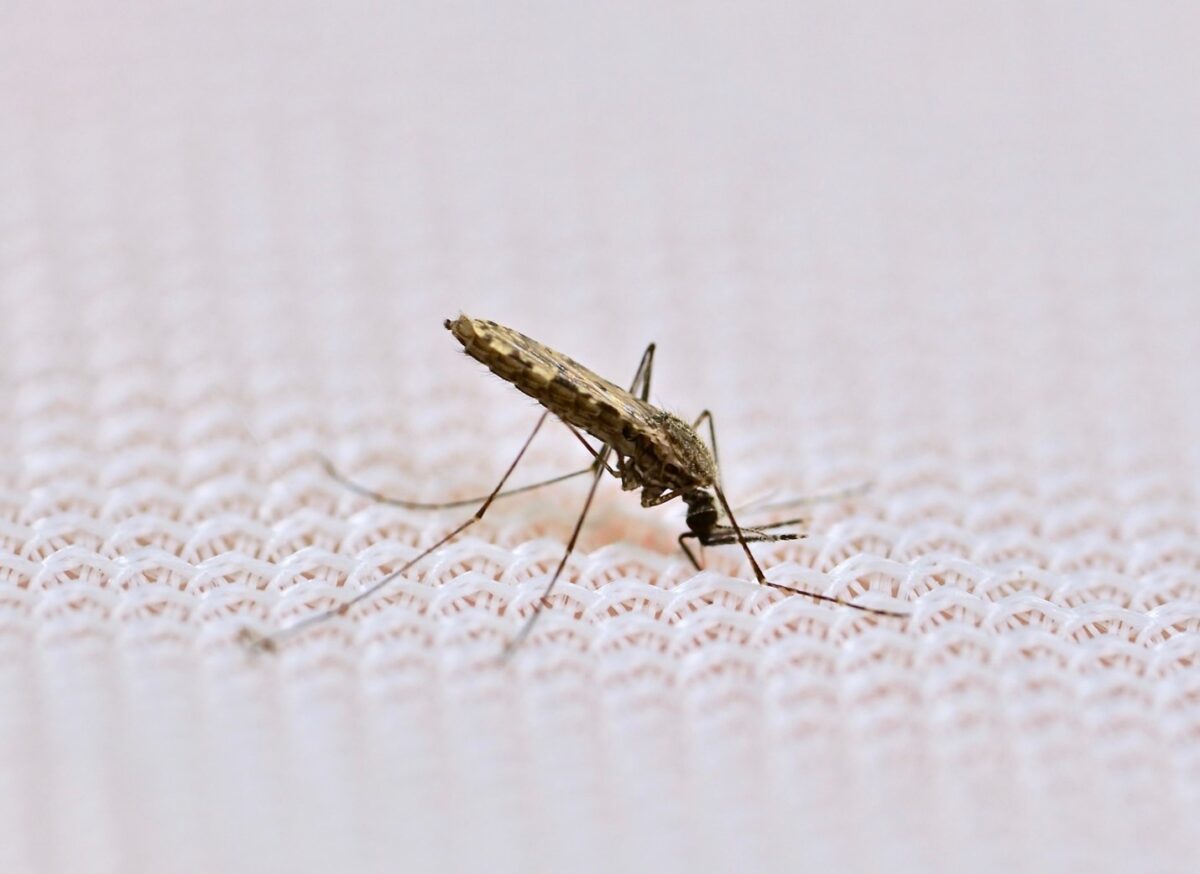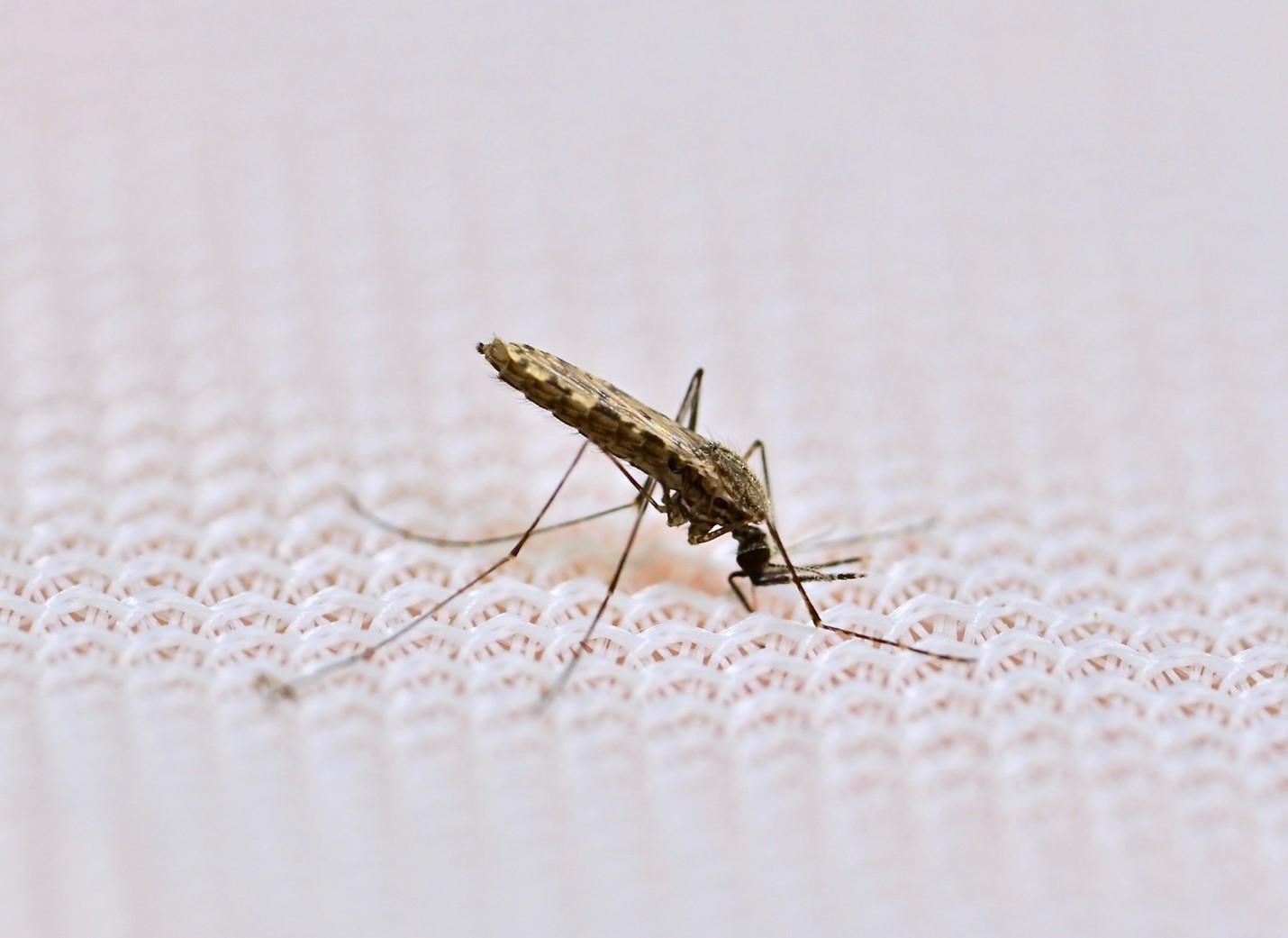Presidential Interdisciplinary Seed Grants
Novel inhibitors targeting malaria transmission in diverse Plasmodium species

Novel inhibitors targeting malaria transmission in diverse Plasmodium species
Cluster Engagement Track

Progress in eliminating malaria, a deadly protozoan disease spread through the bite of infected Anopheles mosquitoes that infects 200 million people annually, has stalled in recent years due to the increasing ineffectiveness of long-lasting insecticide treated bed nets, (LLIN, an intervention that prevented half a billion malaria cases between 2000 and 2015). To address the critical need for novel mosquito-targeted malaria control tools, We have proposed combining insecticides on LLINs with drugs that directly target the developing malaria parasite within the mosquito, such that if a mosquito survives contact with the insecticide, it is cured of malaria, preventing onward pathogen transmission. In this project, we will expand on the initial proof of concept, to test a small panel of antimalarial drugs against the important, but understudied Plasmodium species P. vivax. As part of this project, we will build a new mathematical model of malaria transmission and use this to model the potential impact of antimalarial-impregnated LLINs across multiple established and emerging endemic settings.
Team Lead
Douglas Paton
Department of Infectious Disease
dpaton@uga.edu
Team Members
Chester Joyner
Department of Infectious Diseases
Pejman Rohani
Odum School of Ecology
